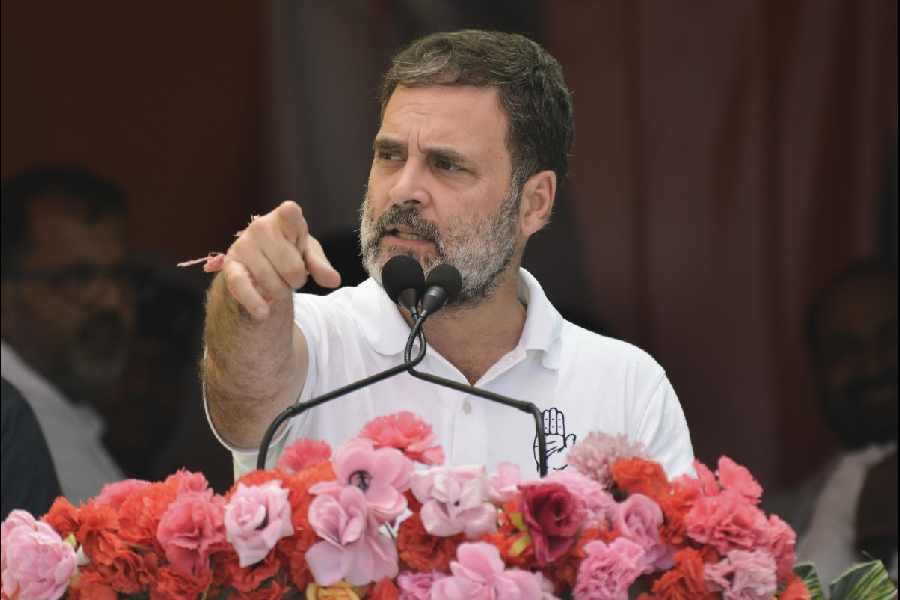This year will be crucial for the trajectory of democracy globally. India, the world’s largest democracy, will choose its government today. The United States of America, the oldest democracy, will elect its president in a few months. Both democracies operate differently; but they have both witnessed the rise of right-wing populism/authoritarianism.
There are four probable reasons behind the rise of right-wing politics and the corresponding backsliding of Centrism. First, neoliberal philosophers and economists like Robert Nozick and Milton Friedman have argued that the role of capital is to create a level playing field for the people. What it has created though are huge inequalities — economic and social. Second, Centrist parties like the Congress in India have failed to walk the talk when it comes to resolving inequality and, hence, failed to capture the public imagination. Third, the neglect of micro factors, such as identity, and the overreliance on the liberal political discourse and its universal appeal have also contributed to the rightward shift. In India, for instance, Dalits and Adivasis have shifted their allegiance towards the RSS-BJP in recent years despite the ideological contradictions between these communities and Hindutva. Finally, emotion has been meticulously weaponised by right-wing forces, checkmating Left liberals who perceive politics as the domain of rationality and science.
The upsurge of right-wing conservative parties is a reflection of the triumph of deep-rooted resentment. Their success lies in their ability to create the binary of ‘us’ and ‘them’. This category of ‘us’ is porous and participatory, in the sense that it is open to all those who think they have been deprived in any form — socially, politically, culturally or materially.
How should the Centre-Left revive itself?
Left-Centrist forces need to concentrate on such aspects as culture, civilisation, and history in order to bring out the inclusive nature of social processes. The Right’s exclusionary way of interpreting history and defining culture can be countered with an inclusive reading of history and culture.
Centrism also needs to understand the role of emotion in politics. The success of right-wing populism is mainly due to the efficient exploitation of emotion as a political strategy. In contrast, the Centre-Left has maintained its distance from the emotive dimensions of politics, still relying on reason and logic to organise its politics. By doing so, it has disconnected itself from the marginalised social groups that have forged an alliance with the political Right. Progressive forces must re-evaluate the ideas and the possibilities of emotions — friendship, trust, compassion, empathy — within the domain of political processes.
Centrist representatives must also renegotiate their ideological positioning with regard to religion, nationalism and economy. The use of religion by the political Right has been on full display around the world. The solution from the other side cannot lie in the use of shriller religious appeal to counter the Right but in establishing and disseminating the true meaning of constitutional secularism in the Indian context. The idea that religion should be reserved for the private space has been successfully challenged by the advocates of the Right. This does not imply that the secularists, too, should politicise religion to create a counter-movement. Such a position would only reveal the sterility in their thinking when it comes to creating an ideological strategy that can serve as a viable alternative.
Any resurgence of Centrism will require an efficient understanding of history/culture, emotion and ideology. This is not to suggest that Centrist forces lack organisational skills to mobilise public opinion and translate it into a positive electoral outcome. But what can rejuvenate their dilapidated organisational structure is clarity in thinking about their modus operandi in politics. This is exactly the area in which the Centre-Left must invest its intellectual resources and organisational skills to renew its dialogue with the marginalised.
Shiveshwar Kundu is Assistant Professor, University of Kalyani, West Bengal










